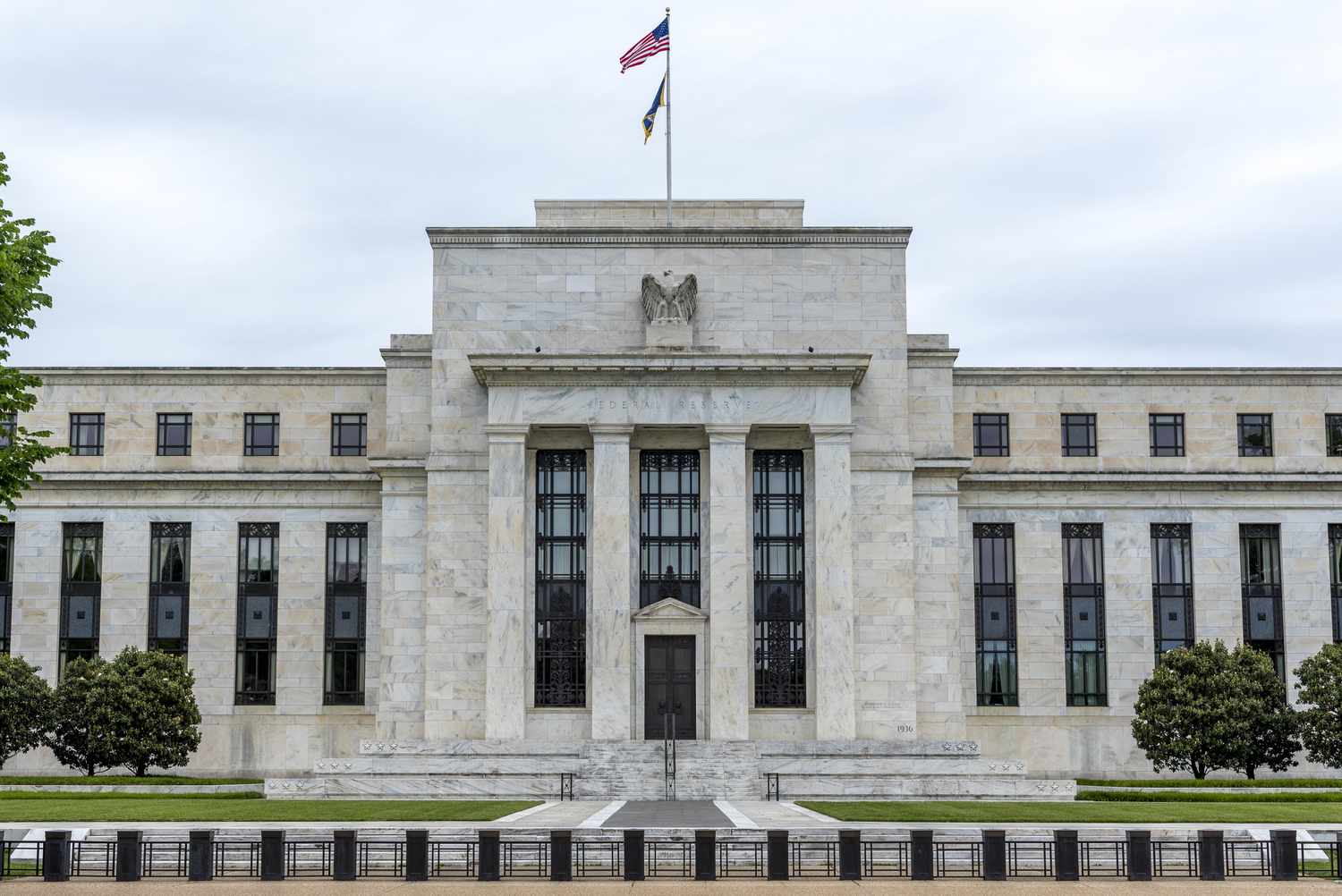The United States has faced multiple political gridlocks over the past decade, but few events disrupt society as broadly as a US government shutdown. When lawmakers in Congress fail to agree on a budget or short term funding bill, federal agencies are legally required to halt their operations. This results in suspended public services, unpaid government workers, and ripple effects across the economy. Recent developments have raised concerns that another shutdown could last longer than expected, putting intense pressure on both citizens and institutions.
A US government shutdown is not just a political standoff. It is a real world crisis that affects millions of Americans. From air traffic control to food safety inspections, many essential functions depend on government funding. When the flow of funds stops, agencies must decide which employees continue working without pay and which services are paused completely. While critical sectors like national security and emergency medical support usually remain operational, thousands of other government workers are forced into furlough. Everyday services like passport processing, tax support, and national park operations suddenly freeze.
The economic impact of a US government shutdown grows more severe the longer it continues. Small businesses that rely on federal contracts lose revenue. Families of unpaid civil servants are forced to dip into savings or take temporary loans. Even Wall Street reacts with uncertainty as investors weigh the possible effects on consumer spending. The longer the political stalemate lasts, the more damage is done to national confidence.
How The US Government Shutdown Affects Federal Employees
One of the most dramatic consequences of a US government shutdown is the sudden halt in salary payments for government employees. More than two million federal workers serve in various agencies, ranging from health services to transportation. During a shutdown, many of them are classified as non essential and are instructed to stay home. Those who remain at work, such as airport security officers and law enforcement agents, must continue their duties without immediate pay.
This creates emotional and financial stress for workers and their families. Mortgage payments, utility bills, and daily necessities do not pause just because the government does. Several past shutdowns saw federal workers lining up at food banks or seeking temporary jobs until salaries were restored. Although back pay is usually granted once the shutdown ends, the delay can last for weeks or even months.
Workers are not the only ones affected. Contractors who provide services to government agencies often do not receive back pay, which means their income is permanently lost. Many small companies that depend on government contracts risk bankruptcy if a US government shutdown lasts too long. This raises long term economic concerns that go beyond direct salary delays.
Public Services Face Disruptions Across Critical Sectors
A US government shutdown directly halts many administrative operations. Millions of Americans rely on government services daily even without realizing it. For example, new passport applications are delayed as processing centers reduce staff. Public health research is paused in agencies such as the Centers for Disease Control and Prevention. Consumer protection services like food inspections face delays, increasing concerns about safety.
National parks are often closed or remain open without supervision. This leads to overcrowding, trash buildup, and safety hazards for visitors. Museums in Washington DC also shut their doors, affecting tourism revenue. Immigration courts may stop hearing cases, causing backlogs that take months to resolve.
Air travel is one of the biggest concerns during a US government shutdown. While air traffic controllers and security agents are classified as essential workers, they must work without pay. In past shutdowns, the absence of payment led to rising absenteeism. As a result, flight delays increased in major airports. Airline officials warn that a prolonged shutdown could lead to serious disruptions across the entire aviation system.
The longer the shutdown continues, the deeper the disruptions become. Many programs operate on limited reserves or contingency plans, but these measures can only last for a short time. Once those limits are reached, agencies face difficult choices about cutting further services.
Economic And Global Implications Of A US Government Shutdown
Beyond domestic consequences, the US government shutdown has international ramifications. Global financial markets closely monitor US economic stability. Investors view the United States as a benchmark for fiscal responsibility. When political divisions shut down basic operations, it sends a signal of uncertainty. This may weaken the credibility of US financial leadership on the global stage.
The shutdown also delays international cooperation. Trade negotiations, security collaborations, and diplomatic events may be postponed. Foreign companies with operations in the United States face delays in permits and regulatory approvals. This creates frustration and slows business activity. Countries that depend on US foreign aid may also experience temporary disruptions, affecting humanitarian programs worldwide.
Economists warn that repeated shutdowns could slowly erode long term economic confidence. While short term shutdowns may have limited impact, prolonged or frequent shutdowns increase borrowing costs and reduce investor enthusiasm. A strong nation must have reliable governance, and the inability to fund basic services creates unnecessary instability.
Conclusion
The US government shutdown is more than a political debate. It is a disruption that affects families, businesses, public safety, and even global confidence. From unpaid federal employees to halted public services, the consequences extend far beyond Washington. The shutdown serves as a reminder that government operations play a vital role in daily life. Whether a person travels through an airport, visits a national park, applies for a passport, or runs a small business, government functions are intertwined with the national economy.
Citizens and policymakers alike must recognize that stability is essential for economic resilience. A functioning government is not just an administrative system. It is the foundation that enables education, health, transportation, security, and growth. Ensuring that critical services are never interrupted should be a national priority.
Read More






 Friday, 27-02-26
Friday, 27-02-26







